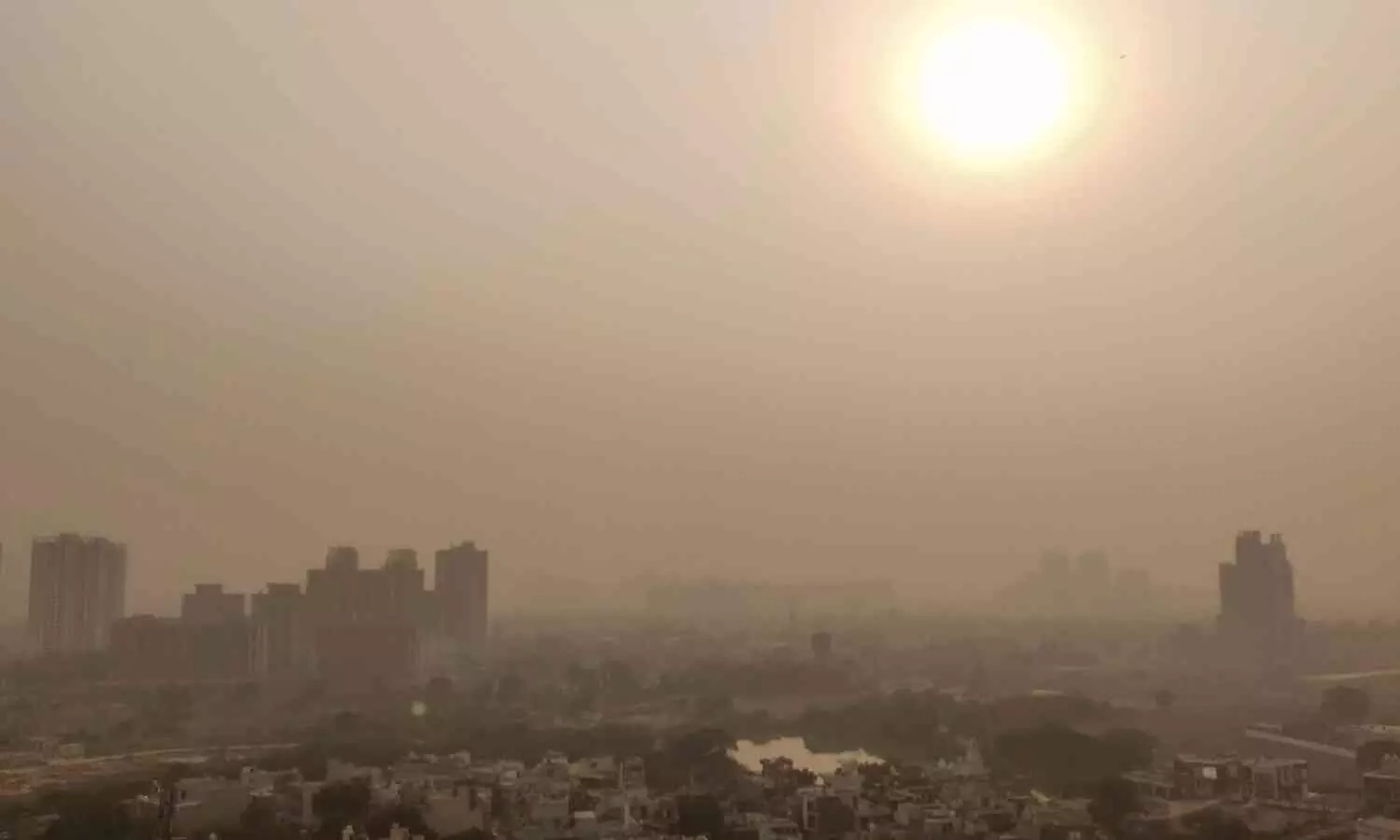Delhi’s Worsening Air Quality Sparks 30-40% Surge in Respiratory Cases, Say Health Experts

New Delhi: The deteriorating air quality in Delhi has led to a 30-40% rise in respiratory cases, particularly affecting children and the elderly, health experts reported. For over a week, Delhi's air quality has remained in the 'poor' category.
On Wednesday afternoon, the air quality index (AQI) was recorded at 367 in the 'very poor' range, with several areas reaching 'severe' levels, as reported by PTI.
Dr Arunesh Kumar, Senior Consultant in Respiratory Medicine at Paras Health, Gurugram, stated: "We are seeing a sharp increase in respiratory cases, with hospitals reporting a 30-40% rise. This surge is largely driven by worsening air pollution, with pollutants such as PM2.5, PM10, and nitrogen dioxide (NO2) getting trapped due to colder weather and stagnant air." He noted that fine inhalable particles like PM2.5 and PM10 pose serious health risks.
Anshita Mishra, Resident Doctor at Maulana Azad Medical College, mentioned that OPD patients are reporting symptoms like dry cough and eye irritation, which are expected to rise further after Diwali and stubble burning. "Respiratory and ophthalmic complaints are the most common," she said.
Mishra recommended wearing masks, limiting outdoor activities, and avoiding firecrackers. "Children in metro cities like Delhi are becoming more prone to asthma and allergic reactions due to poor air quality," she added, citing increased dermatological issues among children.
Dr Mukul Mohan Mathur, Senior Physician and TB Specialist, reported a 25-30% spike in asthma and bronchitis among older adults, emphasizing, "Pollution aggravates latent diseases, causing severe impacts. The elderly and children quickly develop restrictive respiratory syndromes."
He warned against morning walks and outdoor exercises when AQI levels exceed 300.
With the deteriorating air quality, Stage II of the Graded Response Action Plan (GRAP) has been enforced, banning coal and firewood use and restricting diesel generators.
Rajat Sharma, Resident Doctor at UCMS and GTB Hospital, highlighted the systemic impact of pollution: "This issue is not just about smog or respiratory problems; it's a systemic threat. Pollutant particles, especially PM2.5, are small enough to enter the bloodstream, affecting multiple organs."
Dr Rommel Tickoo, Director of Internal Medicine at Max Super Speciality Hospital, reported an increase in cough, cold, and wheezing cases among the elderly and those with comorbidities. He added, "Long-term exposure to pollution can lead to chronic neurological issues, fatigue, headaches, and insomnia."
Health experts advise using N95 masks outdoors, employing air purifiers indoors, and maintaining a healthy diet to reduce pollution's effects.
(with inputs from PTI)


